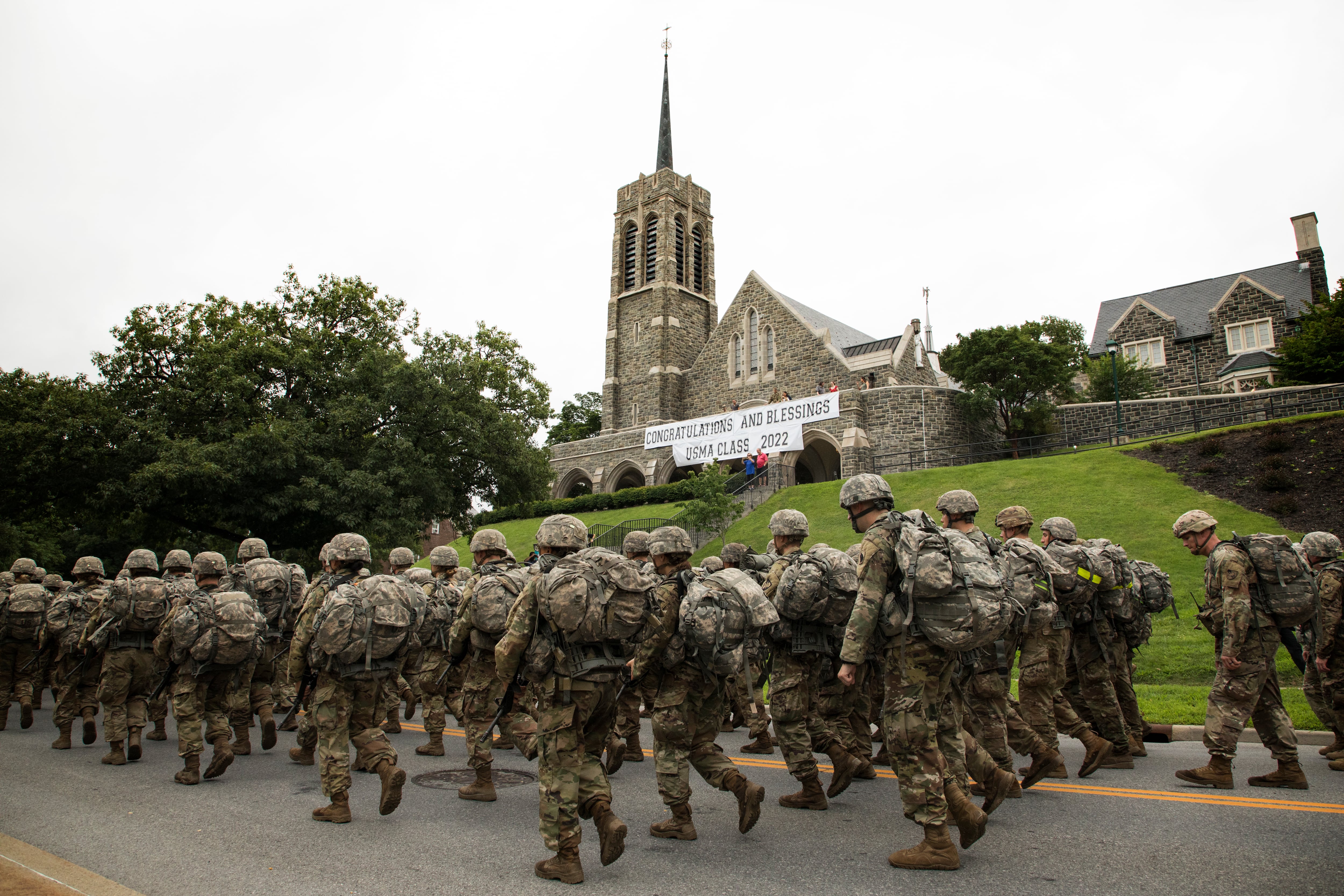The armed forces is failing to ensure that sexual assault victims are asked where they want their cases to be prosecuted, according to the results of a Defense Department Inspector General audit released last week.
Investigators reviewed 82 cases at the Army’s Fort Hood, Naval Station Norfolk, the Air Force’s Joint Base San Antonio and Marine Corps Base Camp Pendleton, which recorded the highest number of unrestricted sexual assault reports in fiscal 2016.
Nearly all of those cases involved officials failing to ask the victims or document if they would prefer their assailant tried by court-martial or in the civilian criminal justice system, something they are supposed to have been doing since the 2015 National Defense Authorization Act, according to the IG.
“It’s really disappointing when Congress is trying to get the military to a better place with sexual assault and the military leadership doesn’t take it seriously,” said Don Christensen, a retired Air Force colonel, military attorney and president of Protect Our Defenders, a nonprofit group that helped get the victim preference regulation passed into law.
The audit was mandated as part of the 2019 defense policy bill.
In 77 of 82 cases reviewed from the four bases, officials either did not ask the victims for their preference or did not document that sexual assault victims had been asked about their preference, according to the audit.
For 56 of those 77 cases, officials said the victims were asked but could provide no evidence of the victim’s preference, according to the IG.
RELATED

“DoD officials should consider what the victim wants when deciding whether to prosecute by court-martial or in civilian court, although they are not required to comply with the victim’s preference,” the report states.
Oftentimes, victims have a better shot at justice in a civilian courtroom than in a military setting, Christensen said.
Sentencing is more consistent and there are restitution opportunities, he said.
Unlike their civilian counterparts, military judges can’t order assailants into treatment or force them to surrender weapons, he said.
Some military victims may also prefer to have such a case tried in a civilian setting simply because it is away from the base and fellow service members, Christensen added.
“Your work and entire life is on that installation and now this is all being brought out too,” Christensen said.
Christensen said many of the group’s clients report that they were never asked about their preference, or that “the military talked them out of going civilian.”
He also said the government has stymied his group’s efforts to obtain data tracking the policy’s implementation.
The IG ascribes this failure to the DoD not establishing a system-wide process to ensure that victims are asked their preference, and the Sexual Assault Prevention and Response Office doesn’t track whether victims are asked.
The services issued guidance that required the preference question but never mandated that the victim’s choice be documented, according to the IG.
The IG recommended that the undersecretary of defense for personnel and readiness develop requirements that such questions be asked and documented.
Officials agreed with the IG’s recommendation and changes are pending.
Christensen said he hopes the issue is brought up Tuesday at a House Armed Services Committee hearing on the role of the commander in sexual assault.
“Some heads should roll on this,” he said. “This has been in effect for almost four years now.”
Geoff is the managing editor of Military Times, but he still loves writing stories. He covered Iraq and Afghanistan extensively and was a reporter at the Chicago Tribune. He welcomes any and all kinds of tips at geoffz@militarytimes.com.




